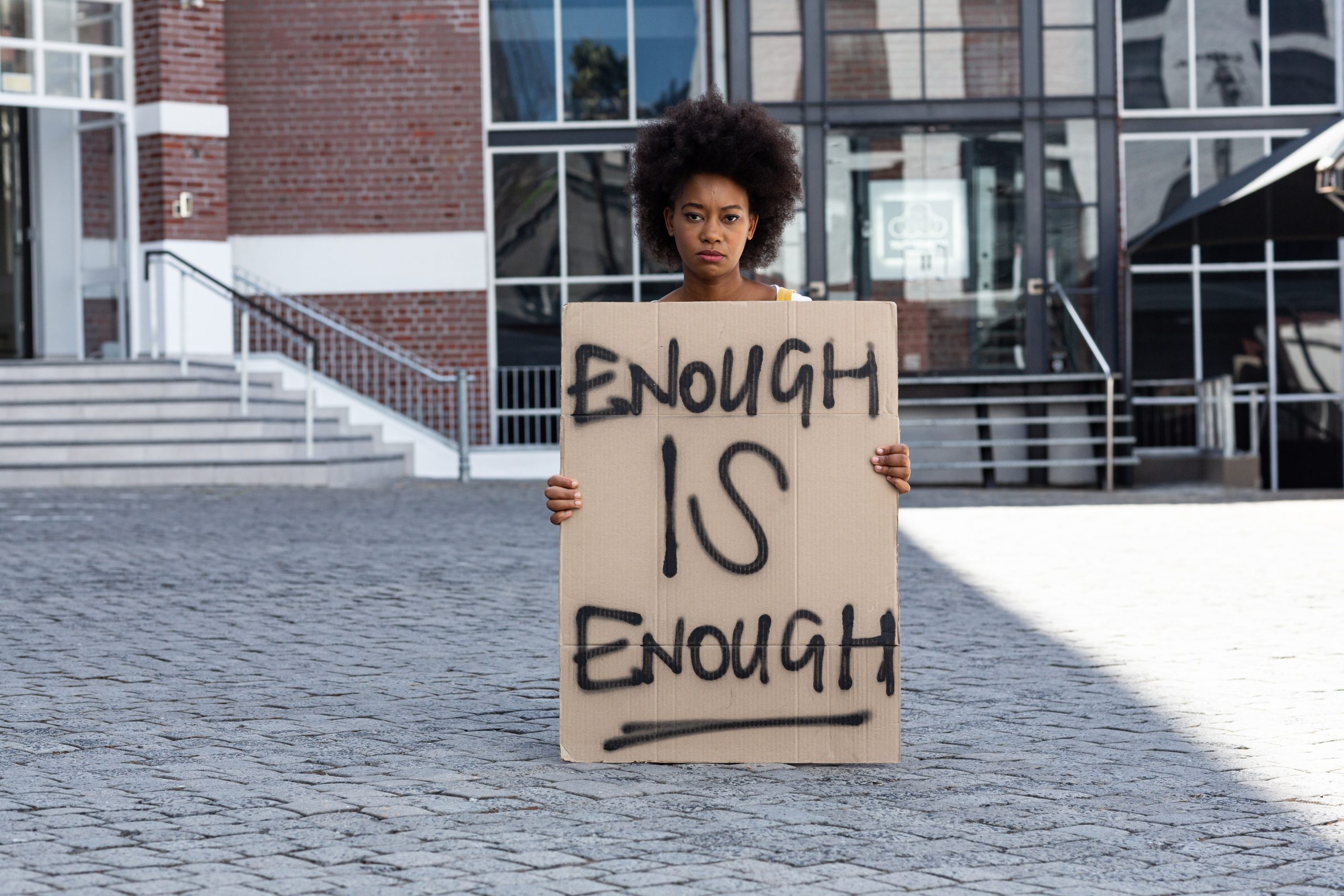A draft Charter drawn up by GFF was presented to the group as a potentially useful tool to generate support, commitment and accountability for ending sexual exploitation in education and work settings. Whilst a Charter may not be the most appropriate instrument for all stakeholders, it could be useful as part of a multipronged advocacy strategy. For example, government stakeholders could use a Charter to advance discussions on sex for education fees, grades and first jobs at forums such as the G7 and bilateral forums. However, a diversity of stakeholders would also need to review each clause of the Charter in detail and secure buy-in from their organisations. Input from organisations absent from the conference would also be important to design a Charter that Government stakeholders feel represents the views of the relevant stakeholders. This would lead to the greatest buy-in from others who may wish to sign on in the future as any advocacy campaign gains momentum. It is also critical to get input from survivors. This Charter is still a work in progress.
Immediate next steps
Side event at the United Nations General Assembly (UNGA)
Propose a side event on sex for education fees, grades and first jobs at the upcoming UNGA in September 2023[4]. This could be held at a hotel close to the UN building. It should be an open discussion covering all angles. This UNGA is particularly relevant because it will focus on the SDG progress report. At the time of drafting this readout, the draft SDG Mid Term Report did not refer to sexual exploitation (or even to GBV). The report notes that SDG 16 (to promote just, peaceful and inclusive societies) is the most off-track of all the SDGs so this is an opportunity to raise the profile of sexual exploitation. Furthermore, sexual exploitation may not be considered violence by some actors, which provides an opportunity for advocacy. It will be important to invite survivors based in New York City to the discussion so that their voices are at the forefront (and to emphasise that sexual exploitation affects women and girls in the Global North as well as the South). This event should be included in the UNGA calendar now and a small working group should be created to develop this idea.
Advocacy at global and regional conferences
Encourage civil society and girl-led movements to discuss sexual exploitation at the Women Deliver conference in Kigali in July and at the Global Forum for Adolescents in October and its accompanying 1.8 billion campaign. The Global Forum starts on the International Day of the Girl (11th October 2023), which is an appropriate date to discuss the sexual exploitation of girls and young women. Other fora to target include the World Economic Forum (WEF), UNGEI, the G7, COP, the African Union and other regional fora (these should also be mapped). Develop a plan for how to do this (Who will attend the event? What will they say?).
Add sexual exploitation questions to existing surveys
Propose to relevant UN agencies and other organisations that they add questions on sexual exploitation to existing surveys such as MICS, DHS and VAC. Review existing MICS data and data from other surveys to see whether information about sexual exploitation is already being captured.
Conduct further research on sexual exploitation in education and work settings
Develop a glossary on sexual exploitation to agree on shared definitions of terms.
Develop a discussion paper to expose the issue of sexual exploitation and where it sits within the wider ecosystem of education, adolescent development and GBV.
Personal commitments
Some personal commitments to address sexual exploitation in education and work settings included:
- Raising the importance of addressing sexual exploitation across their organisations.
- Highlighting sexual exploitation when engaging with UN agencies.
- Embedding an awareness of sexual exploitation into programme design and delivery.
- Developing tools (oversight, monitoring, compliance) for civil society partners to address sexual exploitation.
Kavita Kalsi
Wilton Park | July 2023
[4] Given the short timeframe, this would need to be actioned as soon as possible if stakeholders wish to pursue this approach.
In partnership with


-
Notes
Wilton Park reports are brief summaries of the main points and conclusions of a
conference. The reports reflect rapporteurs’ personal interpretations of the proceedings.
As such they do not constitute any institutional policy of Wilton Park nor do they
necessarily represent the views of the rapporteur. Wilton Park reports and any
recommendations contained therein are for participants and are not a statement of policy
for Wilton Park, the Foreign, Commonwealth and Development Office (FCDO) or His
Majesty’s Government.
Should you wish to read other Wilton Park reports, or participate in upcoming Wilton Park
events, you can find out more here.
To receive our monthly bulletin and latest updates, please subscribe here.
-
References
Resources referred to at the conference:
Pizziconi, A, (2023), Connecting the Dots on the Pernicious Force Behind Gender
Inclusion Advances: Sex for Education and Jobs, Girls First Finance
Sengeh. D. M. (2023) Radical Inclusion: Seven Steps to Help You Create a More
Just Workplace, Home, and World
